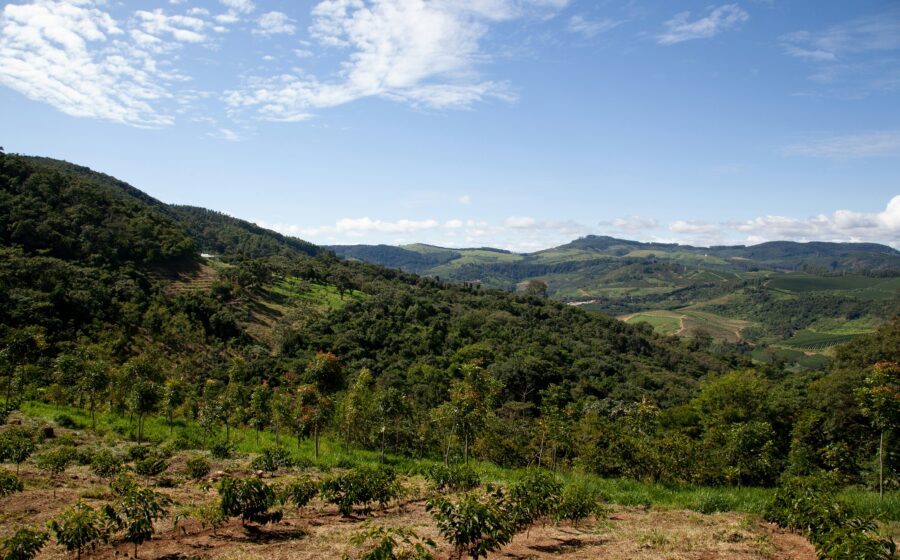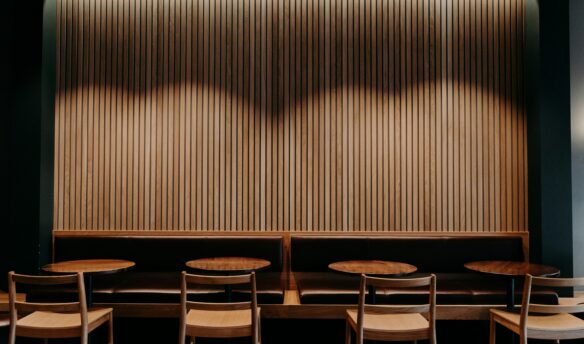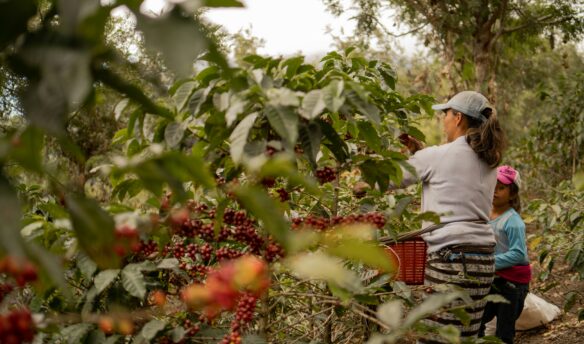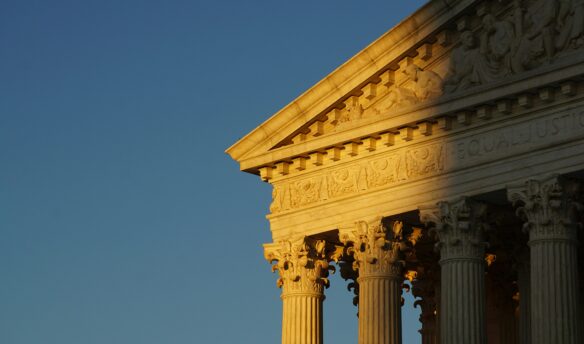✉️ This story was featured in this week’s Coffee News Club
👋 Get the Coffee News Club newsletter in your inbox weekly—sign up.
The coffee industry has long embraced planting trees as a means to offset carbon emissions and to counterbalance expanding farmland. However, a new meta-analysis from the Smithsonian reveals that it is significantly more beneficial to leave existing forests intact than to plant new trees.
The research, published in the journal Communications Earth & Environment, looked at 67 studies from across Latin America, Africa, and Asia. It examined both farms using agroforestry systems—growing coffee within a forest or under a diverse canopy of shade trees—and full-sun monocultures without any shade.
As Nick Brown reports for Daily Coffee News, researchers found that clearing existing forests released twice as much carbon as tree planting could capture, even if every farm in the world planted new shade trees.
Researchers estimated that farms worldwide store 482 million metric tons of carbon in their coffee plants and shade trees. They then calculated that, even if every farm on earth planted additional shade trees, they would capture just 82–87 million extra tons. By comparison, cutting down and converting all agroforestry farms to monocultures could release 174–221 million metric tons of carbon into the atmosphere.
“Planting shade trees on monoculture coffee farms is a positive step, but our findings show tree planting alone can’t make up for what you lose when you remove mature shade trees,” said senior author Ruth Bennett from the Smithsonian’s National Zoo and Conservation Biology Institute in a press release.
Commercial carbon capture projects often prioritize fast-growing trees that maximize carbon capture in the first few years. However, the study found that doing so harms biodiversity. “To protect nature and fight climate change, coffee companies need to focus on planting a diversity of the right trees, not just planting a high density of fast-growing trees that capture carbon,” said co-author Emily Pappo.
The researchers recommend a carbon payment system that rewards protecting existing forests and, when new trees are planted, prioritizes diverse species to promote biodiversity.
Read more on the carbon conundrum from Daily Coffee News here.






